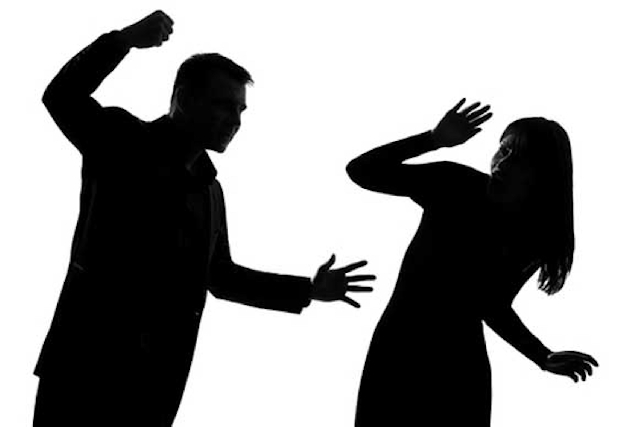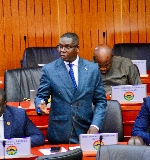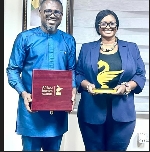GSS: Central, Savannah, Volta regions are Ghana's domestic violence hotspots
 Domestic violence
Domestic violence
The latest District-Level Small Area Estimation findings released by the Ghana Statistical Service (GSS) — based on data from the 2022 Ghana Demographic and Health Survey and the 2021 Population and Housing Census — show that the Central Region has become Ghana’s domestic-violence hotspot.
The region recorded the highest prevalence of physical violence at 44.6%. It was followed by the Savannah Region at 42.9% and the Volta Region at 40.2%.
According to the data, the Volta Region posted the highest levels of sexual violence, recording 22.3%, well above the national pattern. It is followed by the Central Region and Savannah at 19.6% each, while the North East recorded the lowest instances at 5.2%.
The analysis also identified extreme district-level vulnerabilities that national averages fail to show.
Sawla-Tuna-Kalba in the Savannah Region recorded the most alarming figure in the country, with 61.9% of women aged 15–49 estimated to have experienced at least one form of domestic violence — physical, emotional or sexual.
In contrast, districts in Bono, Bono East, Upper West and North East regions posted far lower levels of physical violence, some below 25%, highlighting major protection inequalities across the country.
The GSS report maintained that protecting women in high-risk areas would require a deliberate shift toward district-specific interventions, particularly in Central, Volta and Savannah, where prevalence levels were most severe.
It stressed that institutions such as the Domestic Violence and Victims Support Unit (DOVVSU), the family courts, and district gender desks must be adequately staffed and resourced to respond effectively to rising cases.
The service also urged the government to integrate the new district estimates into local planning and budgeting processes so that funding and programmes would be directed to the communities with the highest risk.
It further recommended deeper engagement with traditional and religious leaders to help challenge social norms that reinforced domestic violence and hindered reporting.
Source: classfmonline.com/Zita Okwang
Trending News

'State support is partnership, not takeover': Catholic Bishops' Conference & Christian Council on religious freedoms at missionary school
00:22
Minority Caucus rejects court ruling nullifying Kpandai parliamentary election
06:50
MFWA's Sulemana Braimah criticises police for arresting blogger over ‘false news’
12:32
Islamic SHS: Boys Prefect Abass fatally falls from storey building
11:13
You handed over a ‘junk’ economy to us — Felix Kwakye Ofosu to Minority
09:37
Gender Minister Momo Lartey assures Ofankor domestic violence victim of support for she and her 2 children
11:02
Ghana shines at Africa Tourism Awards as “December in Ghana” wins best promotion initiative
10:24
Gov’t appeals to CETAG to call off strike
21:11
Samuel Huntor graduates with Second Class Upper honours
06:21
Speaker of Parliament renews call for comprehensive constitutional rewrite
12:19



